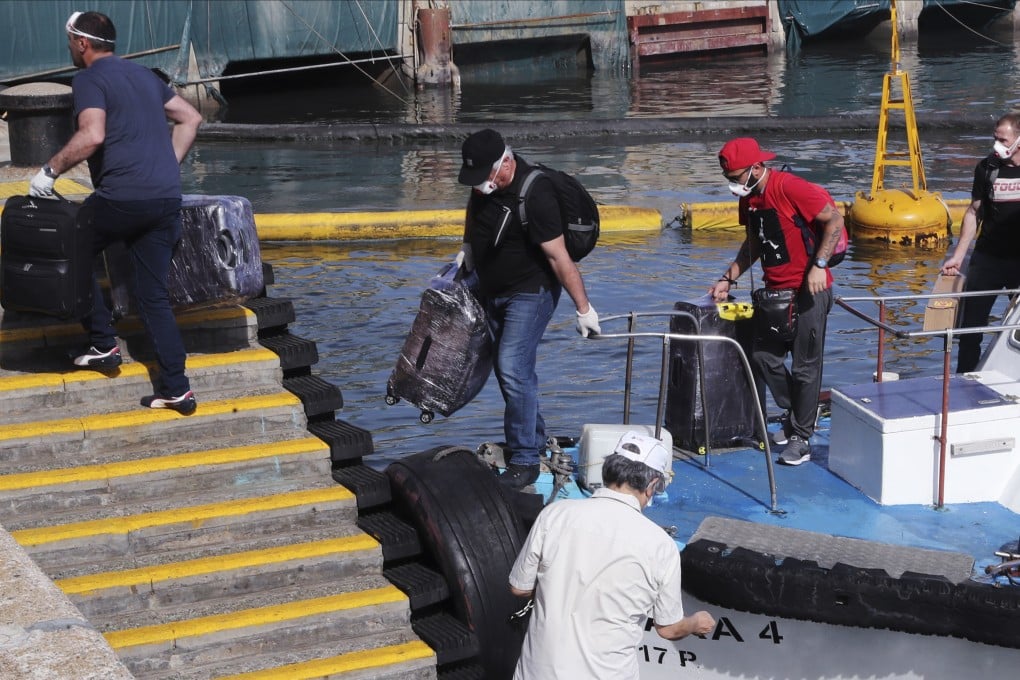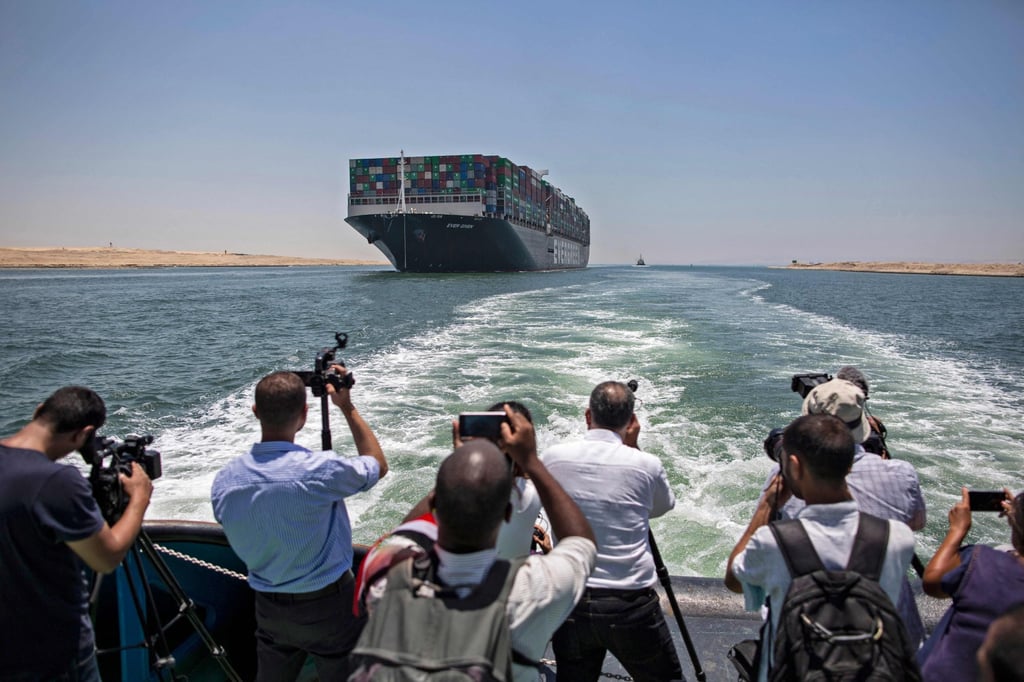Outside In | How global Covid-19 policy failures leave seafarers to suffer
- The seafarers who staff the world’s merchant vessels and keep its supply chains running have been plunged into an unprecedented crisis during the pandemic
- Border closures, port lockdowns, travel protocols, quarantines and visa restrictions have created a nightmare for seafarers stuck at sea or unemployed at home

But the victims of the blockage were far more numerous. More than 18,000 containers with an estimated value of US$600 million to US$700 million have spent the past three months stuck on board. They included cargoes for major international groups such as Ikea and Lenovo and smaller British traders such as EasyEquipment and Snuggy.

There is another community of Ever Given victims that has remained largely invisible and unreported – the crew members who were trapped on board the ship since it ran aground on March 23. Such shipping disputes embroil thousands of seafarers every year. Crew like those on the Ever Given remain trapped on board for the duration of the disputes. Contracts often expire, and wages often do not get paid.
Millions of news reports have been devoted to lockdowns, mortality rates, economic costs and frontline workers during the past 18 months. In that time, the roughly 1.6 million seafarers who staff the world’s merchant vessels and have kept global supply chains running with minimal disruption have been plunged into an unprecedented crisis.
In normal times, around 100,000 seafarers rotate on or off their merchant ships in a given month. After five months of mind-numbing, 12-hour shifts seven days a week, they normally fly home for a month back with their families before flying out again to begin another cycle.
